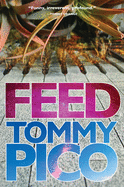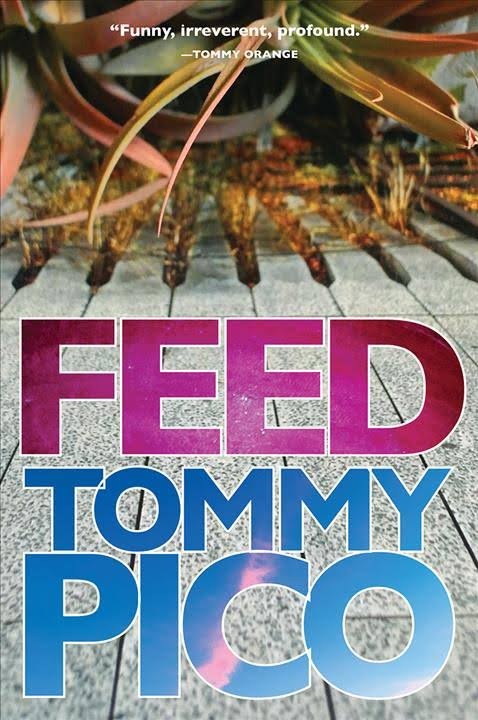 What characterizes Tommy Pico's fourth installment of his Teebs tetralogy is his sheer love of language. In Feed, Pico (Junk) lets go of all poetic conventions and expectations and allows his words to dip and soar on strange and beautiful trajectories.
What characterizes Tommy Pico's fourth installment of his Teebs tetralogy is his sheer love of language. In Feed, Pico (Junk) lets go of all poetic conventions and expectations and allows his words to dip and soar on strange and beautiful trajectories.
Feed picks up where Junk left off. The poet--a queer member of the Kumeyaay nation--finds himself in an unpredictable New York City spring. He's on book tour, he's dating, eating, reading, writing, traveling. The spring becomes a metaphor for the wild vicissitudes of his life. "Springtime is so insecure, right?" he asks. The temperature fluctuations, the promise of summer, the vestiges of winter and the changing landscape all come to represent "the possibilities of jagged spring," mirroring the possibilities in his own life.
Whereas Junk is more linear in portraiture, Feed is discursive, ruminative and tangential. Pico employs a postmodern mash-up technique, mixing his thoughts with terrifying news headlines, missives to the reader, etymological explorations and, staying true to the spirit of Teebs, a list and discussion of pop songs. Teebs is Pico's poetic persona, an alter-ego, outrageous, funny and fearless in his own way. It's here that Pico ponders the performative nature of the persona, locating something within that is still shy and unsure about success. He dissects the difference between aloneness and loneliness, how he moves through the world as an alienated being, his psyche layered in cunning ways to survive.
The Indian reservation Pico grew up on is never far from his writing. He talks about his ancestors, the hardships of family members, his tribe's lost words and rituals and modes of life. Under this erasure, what is his goal? What can be done? Feed gets as close to answering these questions as possible. "Dear reader, let's make a culture!" the poet proclaims. He's in a position to make new culture, he realizes. This includes his past, his history, but also his raucous life in New York, his queerness, his success as a writer, his relationships, the food he exquisitely writes about and the pop culture that has influenced his life.
What follows, then, is a dazzling fusion of culture. Feed is as much about what we consume as how we consume. Pico's lines are ever-growing, ever-expanding. And while we might seem lost in the abundance, the sheer variety, Pico is a skilled enough poet to ground us. Often, after volcanic eruptions of thought, his mind alights on a line or two of clear distilled beauty. The sensation as a reader is akin to scrolling through a busy newsfeed on social media to discover suddenly a crystalline kernel of truth or simple insight. It's a dexterous feat, not unlike the spring itself: "The vernal bend rendering the cell walls softer, pliable without fully/ spilling into each other."
How Pico pulls all this off is his magic. Feed is engrossing, oddly enlightening and, above all, fun to read. --Scott Neuffer, writer, poet, editor of trampset
Shelf Talker: In his fourth installment in the Teebs tetralogy, poet Tommy Pico grows into his own as a creator of culture.
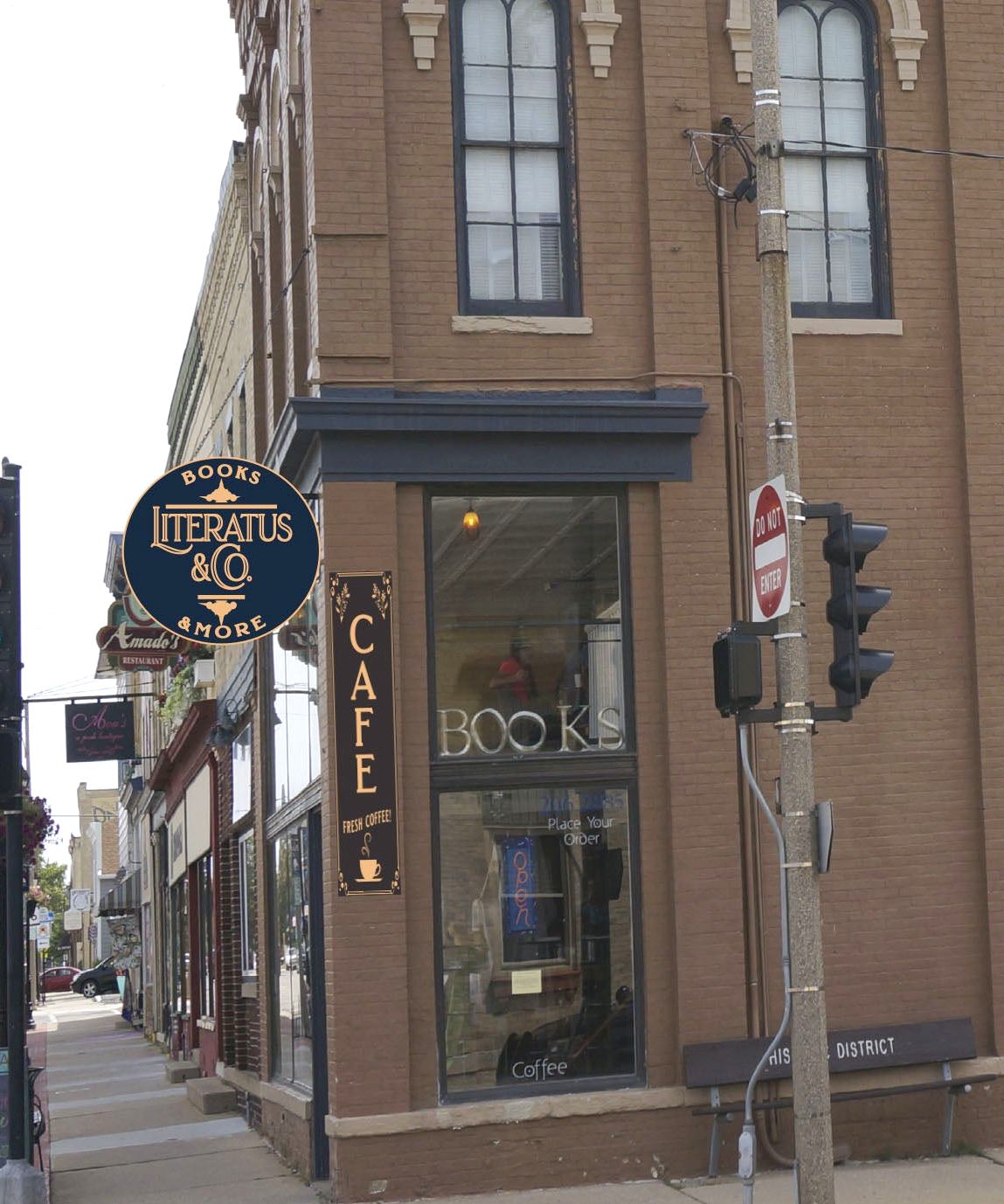 In Watertown, Wis., Tribeca Gallery Cafe & Books, the 12-year-old coffee shop and bookstore, has been bought by a group that has changed the store name to Literatus & Co. and plans to re-emphasize books, the Watertown Daily News reported.
In Watertown, Wis., Tribeca Gallery Cafe & Books, the 12-year-old coffee shop and bookstore, has been bought by a group that has changed the store name to Literatus & Co. and plans to re-emphasize books, the Watertown Daily News reported.









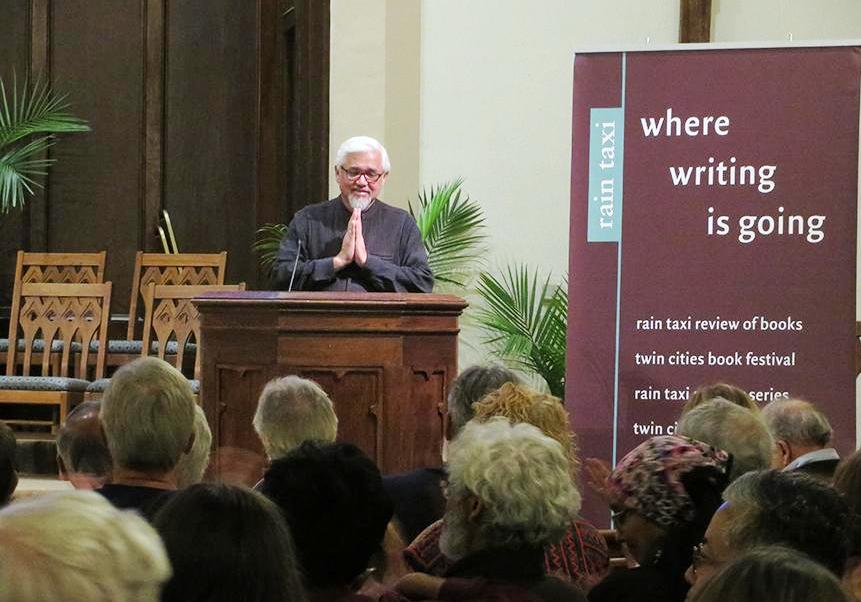
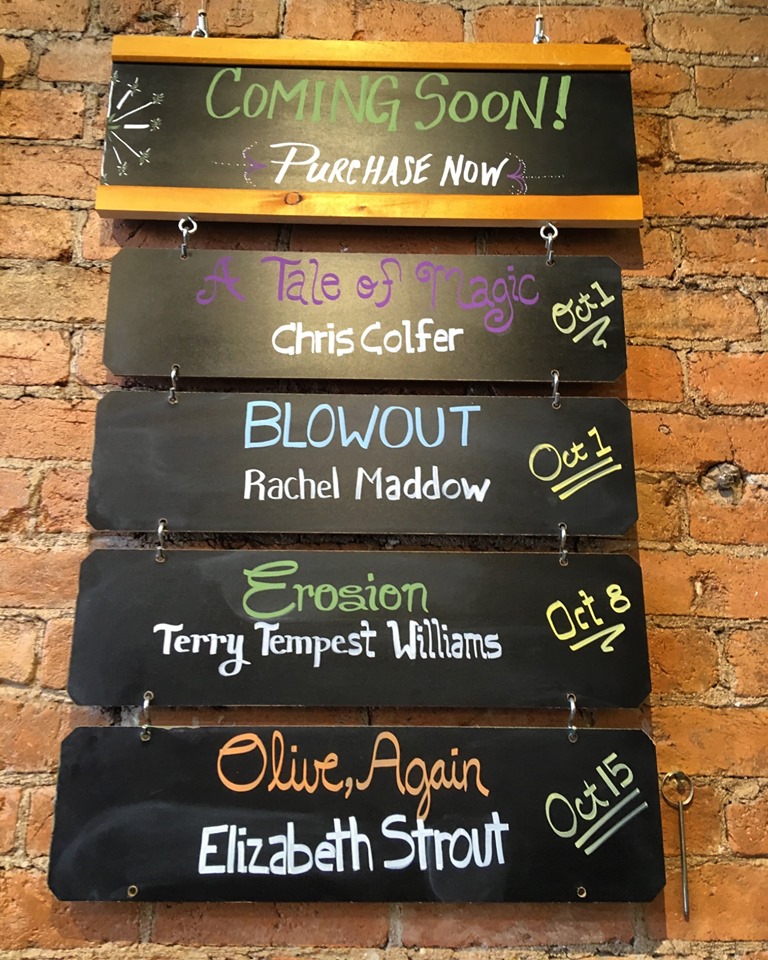



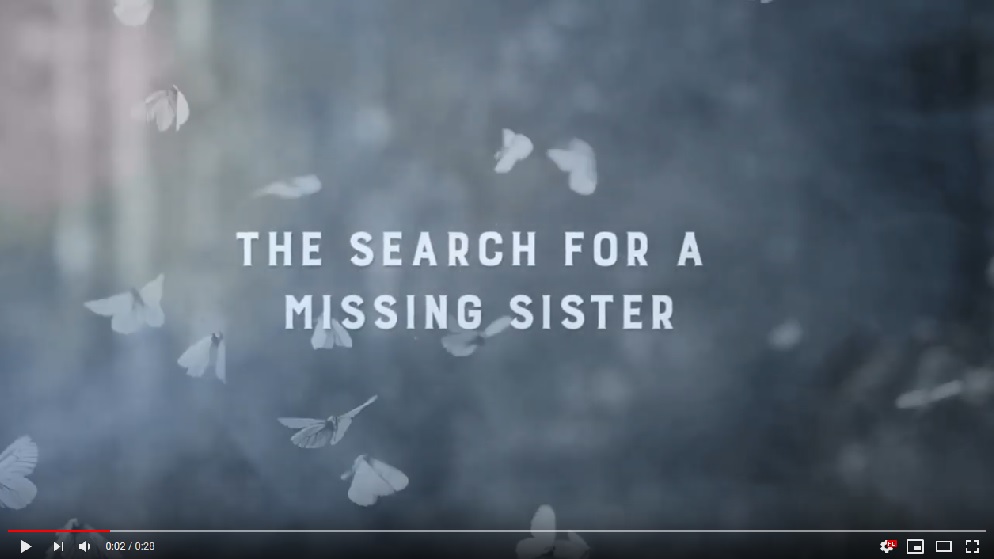 The Butterfly Girl: A Novel
The Butterfly Girl: A Novel What characterizes Tommy Pico's fourth installment of his Teebs tetralogy is his sheer love of language. In Feed, Pico (
What characterizes Tommy Pico's fourth installment of his Teebs tetralogy is his sheer love of language. In Feed, Pico (